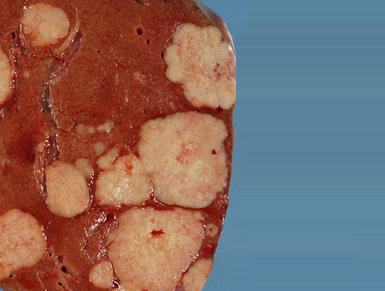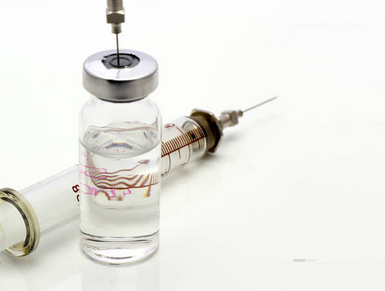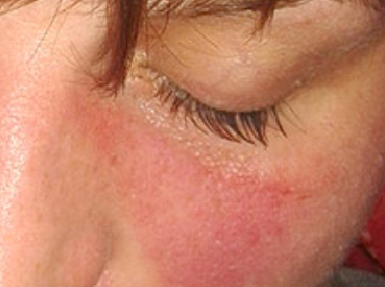PTC 15/2015
ABSTRACT
Intensity of recommendations: Weak in favor of the technology.
Technologies: methylphenidate.
Indication: Treatment of Attention Deficit Hyperactivity Disorder (ADHD).
Characterization of the technologies: Methylphenidate is a weak central nervous system stimulant. Its mechanism of action is not fully elucidated, but it is assumed that it blocks the reuptake of norepinephrine and dopamine in the presynaptic neuron. The mechanisms by which this drug reduces ADHD symptoms are not completely understood. Question: Are methylphenidate safe, effective and cost‐effective in the treatment of children 6‐12 years of age for the treatment of ADHD?
Search and analysis of scientific evidence: We searched Medline (via Pubmed), The Cochrane Library, LILACS and Center for Reviews and Dissemination (CRD). We searched for systematic reviews (SR) of clinical trials and randomized clinical trials (RCT) that assessed the use of methylphenidate for the treatment of Attention Defficit Hiperrativity Disorder (ADAH) and economic studies that assessed the cost‐effectiveness of methylphenidate. Health Technology Assessments (HTA) have been selected in international agencies and in Brazilian Network for Health Technology Assessment (REBRATS), National Technology Incorporation Committee on SUS (Conitec) and Institute of Technology Assessment in Health (IATS). Quality of the evidence and strength of recommendation were evaluated using the GRADE system.
Summary of results of the selected studies: Nineteen studies were selected, six SR and six RCT of efficacy, and safety and seven economic studies. Clinical outcomes considered for evaluating the effectiveness and safety of methylphenidate were: (i) performance/school behavior (four studies); (Ii) main symptoms of ADHD ‐ inattention, impulsivity and hyperactivity (six studies); (Iii) cognition (two studies), (iv) social behavior (one study) and (v) adverse events (six studies). Methylphenidate was effective in improving performance/school behavior compared to placebo (three studies) and ineffective when compared the pre (before) and posttreatment with the drug (one study). Methylphenidate was also effective in improving the core symptoms of ADHD when compared to pretreatment (two studies), placebo (one study) and the different drug formulations (one study). Methylphenidate had a comparable efficacy to atomoxetine (one study), but slightly lower efficacy than amphetamine (one study) in improving the core symptoms of the disorder. Methylphenidate was effective in improving cognition when compared to placebo (one study), but did not had significant results in a study comparing this drug with atomoxetine. Methylphenidate was effective in promoting improvements in social behavior when compared to placebo (one study). Adverse events found in the included studies were similar to those already known with the use of methylphenidate and the most common was insomnia and decreased appetite. The quality of the included studies ranged from low to very low and most of them had some kind of important limitation. All economic studies have been conducted in other countries and methylphenidate was cost‐effective in most of them. Two HTA from international agencies and one national HTA were included. The drug was recommended for the treatment of children with ADHD in all evaluated HTA.
Recommendations: We weakly recommended the use of methylphenidate for the treatment of ADHD in children aged 6 to 12 years. Although the studies of efficacy included in this study demonstrated benefits of using methylphenidate in the treatment of children diagnosed with ADHD, for most of the outcomes analyzed, their evidence was of low quality, which does not allow conclusions on the effectiveness of this drug in children. Moreover, there are gaps in the assessment of the safety of methylphenidate in the age range evaluated, since it was found few studies and they all showed low quality of evidence, which does not allow conclusions on the effectiveness of this drug in children. The methylphenidate is a cost‐effective alternative for the treatment of ADHD in children, however, it is needed economic studies in Brazil to determine the cost ‐effectiveness of this drug in the
country.
































Adicionar Comentário